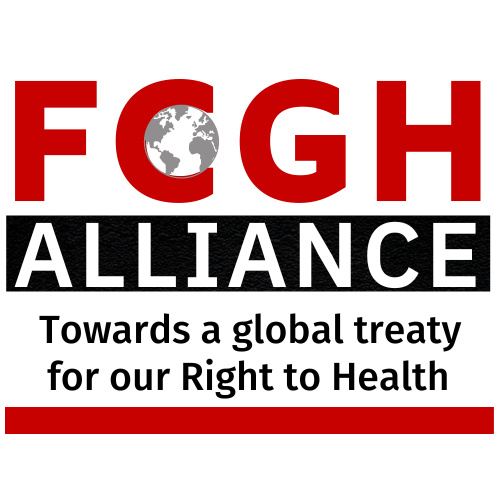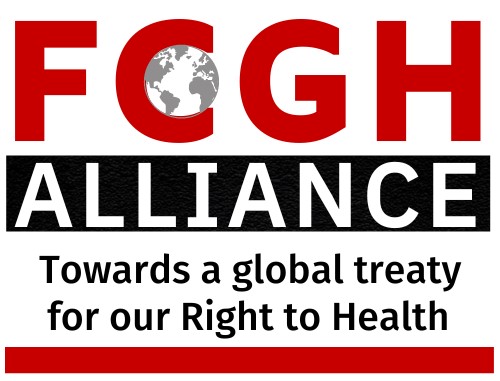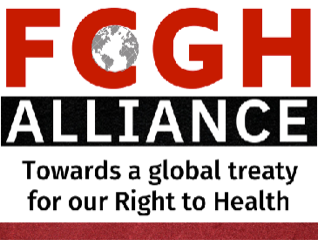Statement to the High-Level Political Forum on Sustainable Development, July 2025

Ensuring healthy lives and promoting well-being for all at all ages is not only the health goal among the 17 Sustainable Development Goals, the health goal, SDG3, is foundational to the success of all the other goals. Addressing health equity, based on the right to health, is foundational for achieving a sustainable and just world. It calls from reimagining a global health system that prioritizes equity and requires solidarity and commitment.
Good health and wellbeing is the outcome of resilient societies invested in health for all, the vision of universal health coverage. It requires adhering to the core principles of the right to health including:
- equality and non-discrimination so that no one is left behind,
- accountability to ensure health policies are rigorously adhered to and
- people’s participation in health-related decisions so that policies incorporate all measures required to overcome obstacles to accessible, quality care.
The latest global health statistics from the World Health Organization points towards a reversing of health gains. Health is the most telling metric of progress on the 2030 Agenda. The world is facing a pandemic of health inequity. Virtually all SDGs impact health equity. Actions aimed at reducing health equity gaps will accelerate progress throughout the 2030 Agenda.
In May, this year, member states came together and reached consensus on a treaty to prevent, prepare for and respond to pandemics, the second legally binding international agreement negotiated by WHO. However, it does not adequately address rising global health inequalities made plain during the COVID-19 pandemic. During the HLPF this week, experts will discuss opportunities to accelerate progress towards SDG3.
A promising solution exists. The proposed Framework Convention on Global Health, a global health treaty grounded in human rights and aims at achieving national and global health equity, could propel progress across SDG3 targets. In advancing health equity, such a treaty would not only advance progress on the SDGs but would also strengthen the legal framework for realising the rights and dignity of current and future generations. The treaty’s power would come from the specific standards and mechanisms it cultivates. For example, it would catalyse the regular use of health impact assessments to ensure policies across the underlying determinants of health are consistent with human rights and establish standards to ensure meaningful and inclusive participation in health-related policy decision-making.
Today, from inequities in access to quality healthcare to conditions for ill-health that entrench poverty, the drivers of health inequity are self-reinforcing, causing health inequities to ripple through the generations. A treaty on health equity and health rights could create a new dynamic, where equitable, participatory, transparent, and accountable systems for health and sustainable health financing lead to greater health equity for all.
As we approach the world’s 2030 SDG deadline, we urge Heads of State and Government to establish a clear process for beginning negotiations on a global treaty grounded in human rights and aimed at advancing national and global health equity for current and future generations.



